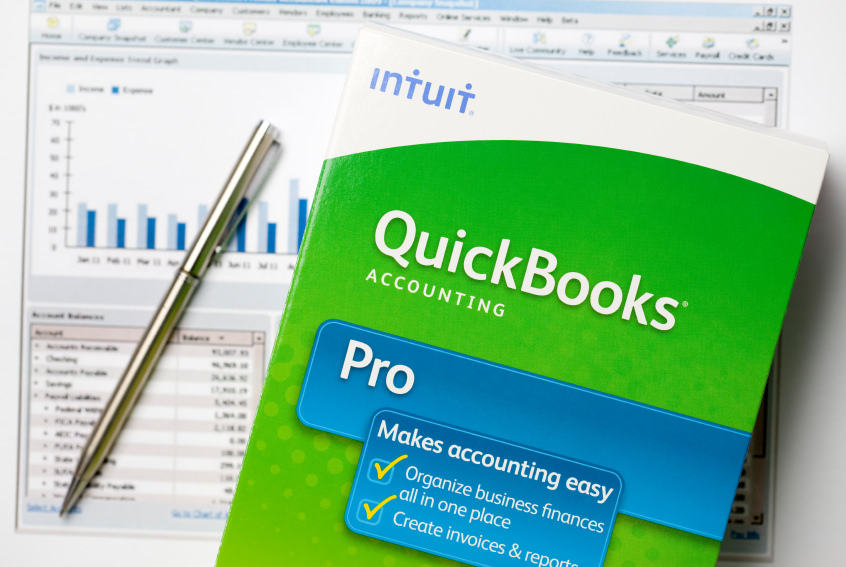Ever since precious metals were discovered, they were used as currency. Gold and silver, in particular, have always been the most popular form of currency throughout the world, and, while one country may use francs while another may use pounds, both currencies are backed up by gold and silver. Gold and silver are always a sure bet in an unpredictable market, as they’re both stable, virtually impervious to the unrest in the world’s conventional markets. The value of a country’s currency is liable to change drastically, but the gold that backs in it up – even here in Canada – remains valuable and more stable.
There are options when you decide to invest in gold and silver, but one thing you might consider doing to get started is getting an Exchange-Traded Fund (ETF). The main attraction to ETFs is that they are a safe bet, with very little risk, so as a long-term investment, you can pretty much ensure at least some sort of profit. For riskier investors, you can invest in an actual gold or silver mining company – the possible reward here is great, but it comes with a little more of a risk. Many of these companies are unable to mine the precious metals that they are looking for; however, if they do literally strike gold, so did you.
Lastly – and this is an option recommended by a number of top investors – you can always just buy physical gold or silver bars. This is always a solid investment in an unpredictable market. Whether you’ve been stocking your portfolio for years with precious metals, or you’ve just started learning about investing in gold or silver to increase your wealth, the first thing to do is speak with an expert, whether that’s a financial advisor or an accredited gold dealer.
Gold and silver generally come in the forms of bars or coins, and you can find an accredited dealer in Canada by looking online and checking reviews – just make sure that you go to an authorized dealer. Also remember that there may be other factors involved in buying the precious metals, for example, the fact that coins could have historical value as well as the value of the actual gold or silver in the coin. Also, gold and silver bars are large, and storing them can get quite expensive depending on how much space you need. Many people forget to incorporate these secondary costs to investing. Don’t make that mistake.
While gold is stable, there are still important things to know about investing in precious metals. It can still be a risky business, if you buy at the wrong time – albeit, the risk here is far less severe than the risk in traditional investments. Just like stocks and bonds, the value of gold goes up and down with the economy, but unlike stocks, those swings aren’t quite as large. While generally a safe bet, do your research to know whether you want to buy right now or hold off for a little bit. In general, gold and silver increase with value, so if you’re not sure, buy!
Read More:






















